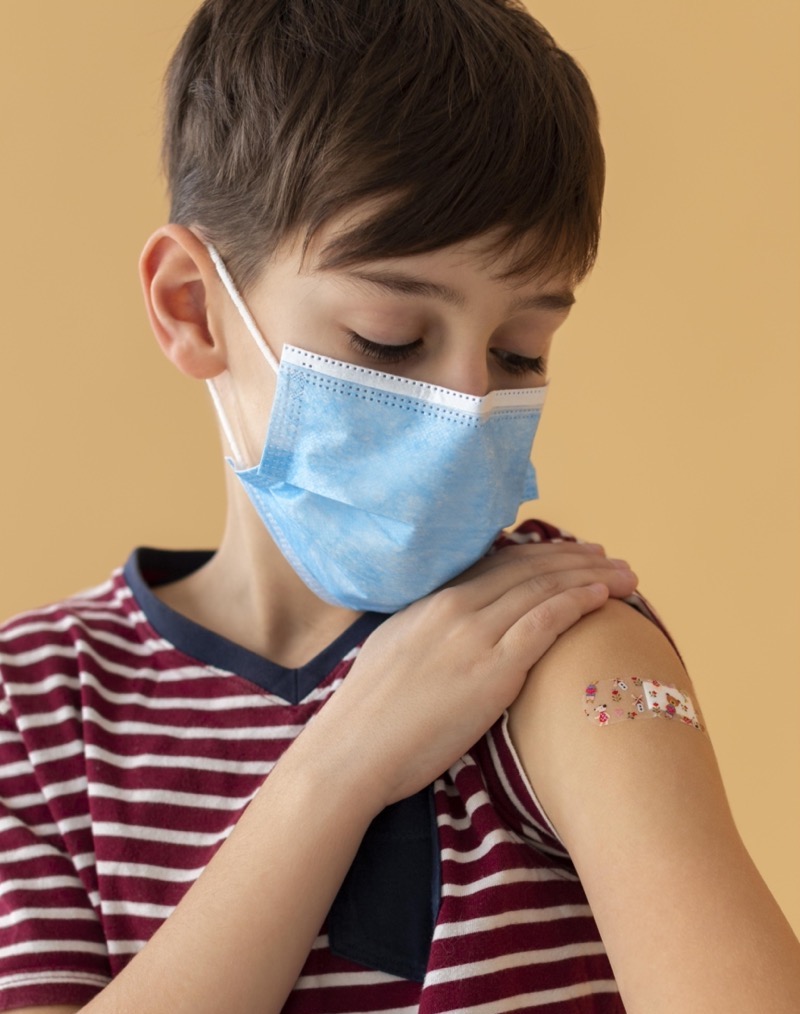We are a dedicated, travel clinic, promoting the importance of vaccinations to create a healthier and safer world. Our team provides personalized care and vaccinations to the people of Los Angeles. We collaborate to assess your vaccination needs and create a customized course of action to meet your requirements. Booking your vaccine appointment with us is a vital step in protecting yourself and your loved ones from preventable diseases. At Immunize Los Angeles, we prioritize your health and wellbeing, creating a comfortable and safe environment for our patients. Moreover, our ultimate goal is to build lifelong partnerships with our patients, serving as a reliable source of current health and scientific information. So, schedule your vaccine appointment today, and trust us to be your partner in promoting a healthier and safer community.


As Mid City’s most trusted international travel clinic, we understand that getting vaccinated not only protects you and your family but also vulnerable individuals in your community who cannot receive certain vaccinations due to medical reasons. Firstly, Immunize Los Angeles offers a wide range of vaccines to help prevent the spread of preventable diseases and ensure the overall health and safety of the community. Similarly, our knowledgeable staff is available to guide you through the decision-making process and provide personalized care to meet your vaccination needs. By taking a proactive step towards a healthier future and booking an appointment with us today, you are undeniably protecting yourself, your family, and your community. Choose Immunize Los Angeles as your trusted partner in promoting a healthier and safer community.
